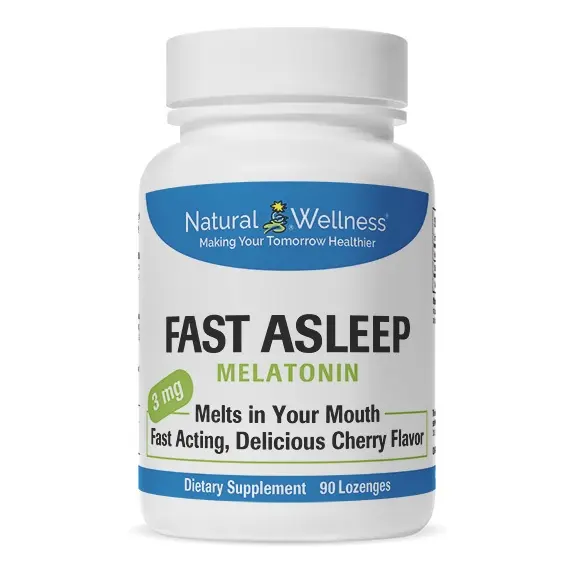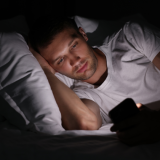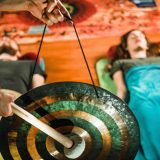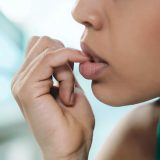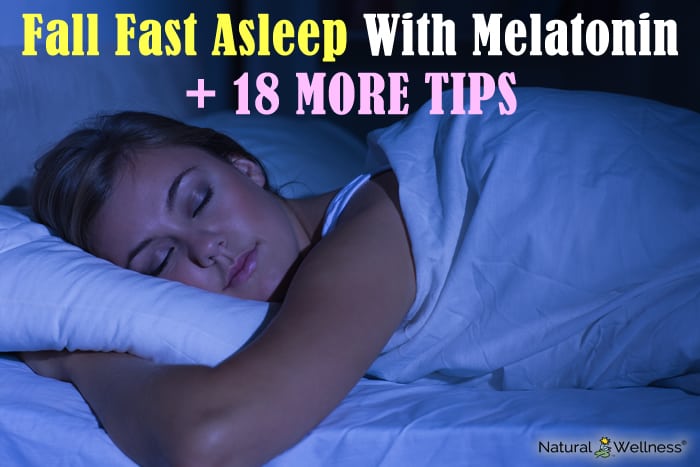

You need your sleep for a multitude of reasons. Studies have shown that sleep helps consolidate and solidify memories. As you go about your day, your brain takes in vast amounts of information. Instead of being directly logged and recorded, these experiences and memories must first be processed and stored – usually while you sleep.
Overnight, bits of information are moved from more tentative, short-term memory to stronger, long-term memory—a process known as “consolidation.” Research shows that after a night’s sleep, people tend to retain information and excel on memory tasks.
Our bodies all require many hours of sleep in order to:
- restore and rejuvenate
- build muscle
- repair tissue
- aid in hormone synthesis
Without getting a good night’s sleep you’re bound to have various issues. Your energy will become depleted, causing your productivity to decrease while increasing the risk of diseases like high blood pressure and diabetes.
But don’t worry; if you are having issues sleeping you can try one or some of these 19 options so you can be relaxed and ready to face the world in the morning.
How to Fall Fast Asleep
1. Have a Consistent Sleep Pattern – If you go to bed at a similar time every night, it will help your internal clock predict when it is time for you to go to bed, helping release melatonin at the right time. You’ll learn a lot more about melatonin below.
2. Exercise Regularly – Studies show that those who exercise regularly have an easier time falling asleep.
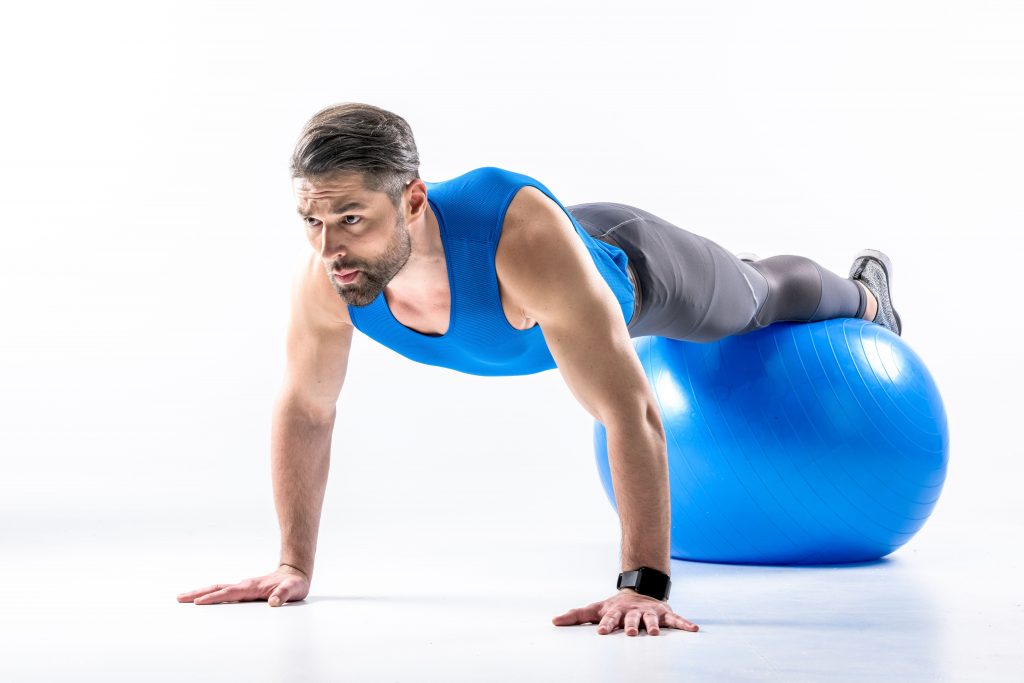
3. Avoid Napping – One study shows that those who nap during the day or closer to the evening have more difficulty falling asleep at night.
4. Force Yourself to Stay Awake – This form of reverse psychology may help alleviate excessive sleep anxiety. A small study conducted at the University of Glasgow found that subjects who were instructed to force themselves to stay awake with their eyes open while in bed fell asleep more rapidly than participants told to fall asleep without this “paradoxical intention” (PI). Participants in the PI group fell asleep easier, showing less sleep performance anxiety.
5. Get Out of Bed and Do Something for 10 Minutes – Leave your room and do something that involves your hands and your head like a jigsaw puzzle or coloring book. But stay away from the TV or one of the other screens you likely have by your bedside, as their blue light is known to suppress melatonin. You want to train your body to associate your bedroom with going to sleep while doing activities outside of your room. This way, when you go back to bed, your body knows it’s time to sleep.
6. Put Your Clock Away – Continuing to check what time it is will only increase stress levels, making it harder to relax and fall asleep.
7. Cool Your Room – Your internal temperature is integral to regulating your body’s biological clock. According to Harvard Medical School, when falling asleep, your body temperature will drop slightly, which some experts believe aids in falling asleep. The National Sleep Foundation recommends keeping your bedroom at 60 to 67 degrees F for the most sleep-friendly conditions.
8. Take a Warm Shower Before Bed – Heating your body in the shower an hour or so before bed and then going into a cooler bedroom will help lower your body temperature faster. Studies show that this rapid temperature decrease slows your metabolism faster and prepares your body for sleep.
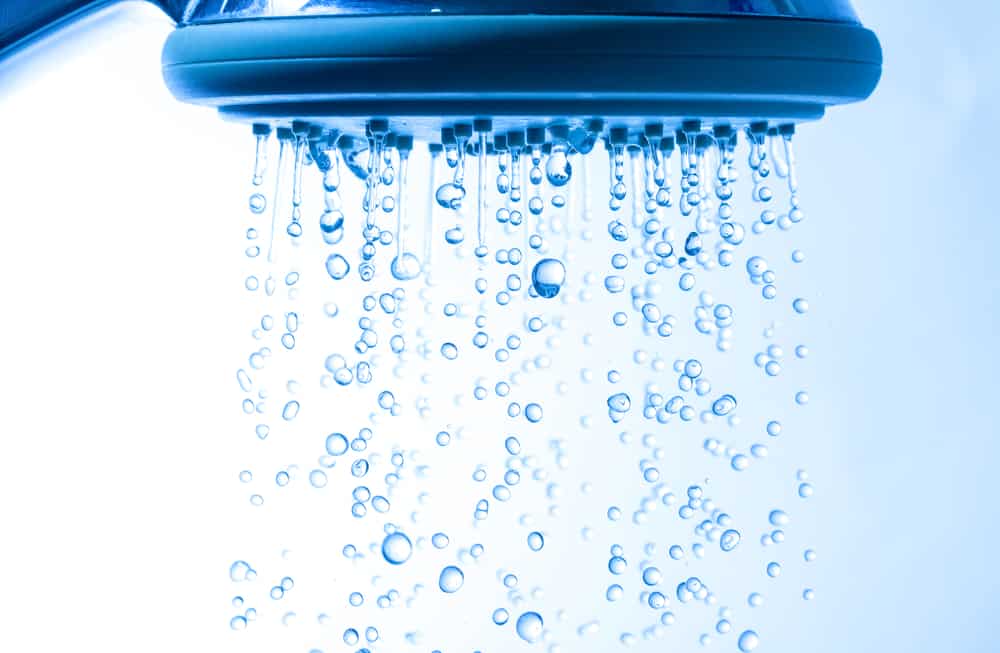
9. Wear Socks to Bed – Studies show that warm feet and hands help in rapidly onsetting sleep. Shifting blood flow from your core to your extremities cools down your body, working in concert with melatonin.
10. Dip Your Face in Cold Water – Putting your face in a bowl of cold water will trigger an involuntary phenomenon known as Mammalian Dive Reflex, which lowers your heart rate and blood pressure.
11. The 4-7-8 Method – This method is known to relax you by increasing the amount of oxygen in your bloodstream, slowing your pulse, and releasing more carbon dioxide from the lungs.
This is how you do it:
• Place the tip of your tongue against the ridge of tissue just behind your upper front teeth, and keep it there through the entire exercise.
• Exhale completely through your mouth, making a whoosh sound.
• Close your mouth and inhale quietly through your nose to a mental count of four.
• Hold your breath for a count of seven.
• Exhale completely through your mouth, making a whoosh sound to a count of eight.
• Repeat the cycle three more times for a total of four breaths.
12. Imagine Your Favorite Location – Visualize an environment that makes you feel calm and happy. The key is imagining a scene that’s engaging enough to distract you from your concerns for a while. In an Oxford University study published in the journal Behavior Research and Therapy, insomniacs who were instructed to imagine a relaxing place, such as the ocean or a waterfall, fell asleep 20 minutes sooner than insomniacs who were instructed to count sheep or do nothing special at all.
13. Use Lavender Scents – Lavender’s aroma may relax your nerves, while lowering your blood pressure, and put you in a relaxed state. A 2005 study at Wesleyan University found that subjects who sniffed lavender oil for two minutes at three, 10-minute intervals before bedtime increased their amount of deep sleep and felt more energized the next day.
14. Eat Dinner By Candlelight – As previously mentioned, the less blue light you expose yourself to prior to bed, the better. Light of any kind can suppress melatonin production in the body but, according to Harvard Medical, blue light waves are more powerful in doing so. Along with various screens, fluorescent and LED lights can also harm your circadian rhythms. If you opt for a more calming candlelit dinner, you should be able to sleep better.
15. Blow Bubbles – This may sound silly, but according to the New York Post, there are benefits to blowing bubbles. They are slightly hypnotic to look at while requiring a process of deep breathing to blow which will calm your body and mind.

16. Listen to Music – Studies show that classical music, or any music with a slow rhythm of 60 to 80 beats per minute, can help ease you to sleep. In a 2008 study, students between 19 and 28 who listened to relaxing classical music for 45 minutes before bed showed significant improvement in sleep quality.
17. Practice Progressive Relaxation – Slowly tensing and then relaxing each muscle in your body will help your body relax. Do this by tensing and relaxing the muscles in your toes and slowly work your way up to your neck and head. You can also go in the opposite direction starting with your head and neck and working down to your toes. Tense your muscles for at least five seconds and then relax for 30 seconds, and repeat.
18. Acupressure – Derived from acupuncture, acupressure is an alternative medicine technique based in the Chinese medical theory that a network of energy flows through specific points in your body. Pressing on certain points is meant to restore balance and regulate your mind, body, and spirit. A faculty member from leading natural health university Bastyr University suggests that acupressure techniques can alleviate sleeplessness.
19. Melatonin Usage – Many of the above techniques discussed melatonin production. Melatonin is produced by the pineal gland in the brain but also found in other areas, including your eyes, bone marrow, and gut.
It is often known as the “sleep hormone” as it can aid in falling fast asleep. However, melatonin won’t put you to sleep. What it does is simply tell your body that it is nighttime so you can relax and fall asleep faster.
Melatonin supplements are popular among people struggling with insomnia and jet lag. Besides being a sleep aid, melatonin is also a powerful antioxidant, which may provide a variety of other benefits.
Some of melatonin’s benefits include:
- supporting eye health
- treating stomach ulcers
- and heartburn
It can also ease the symptoms of tinnitus and even raise men’s growth hormone levels.
Conclusion
In summary, if you need an extra boost in falling fast asleep, taking melatonin prior to going to bed may be the right choice for you. Try Natural Wellness’s Fast Asleep, fast dissolving melatonin lozenges that melt in your mouth and start working in 20 minutes, quicker than capsules or tablets, and bypass the stomach where acids can reduce their effectiveness.

